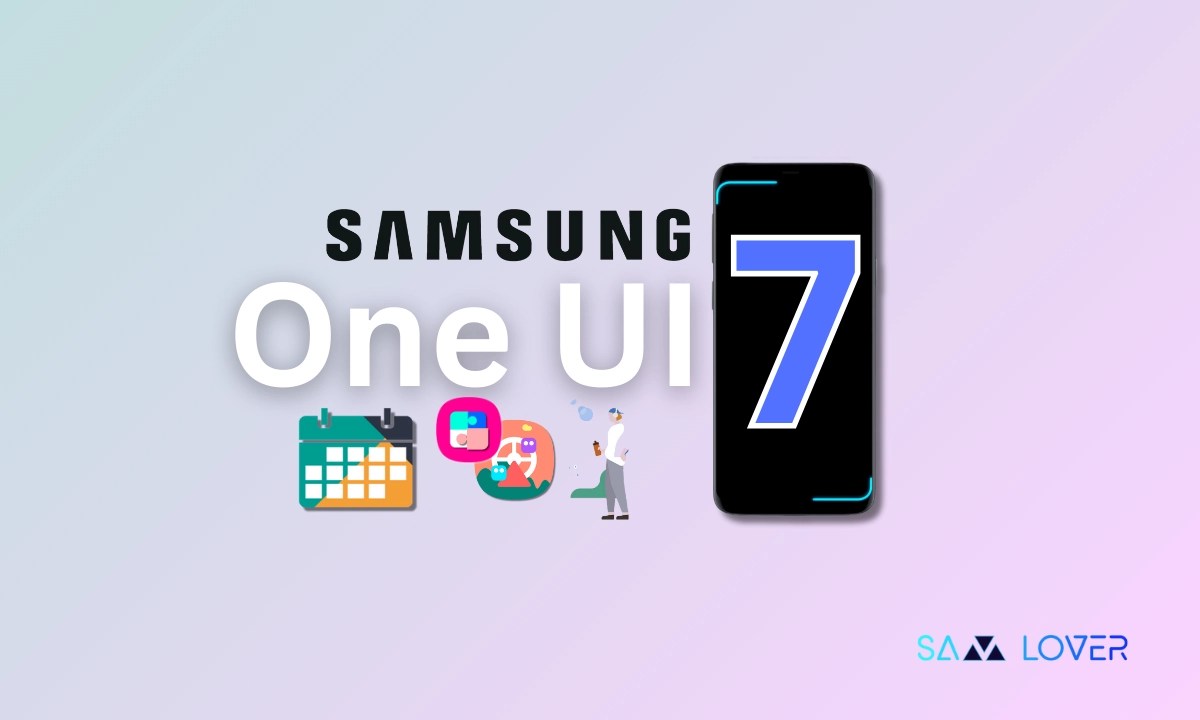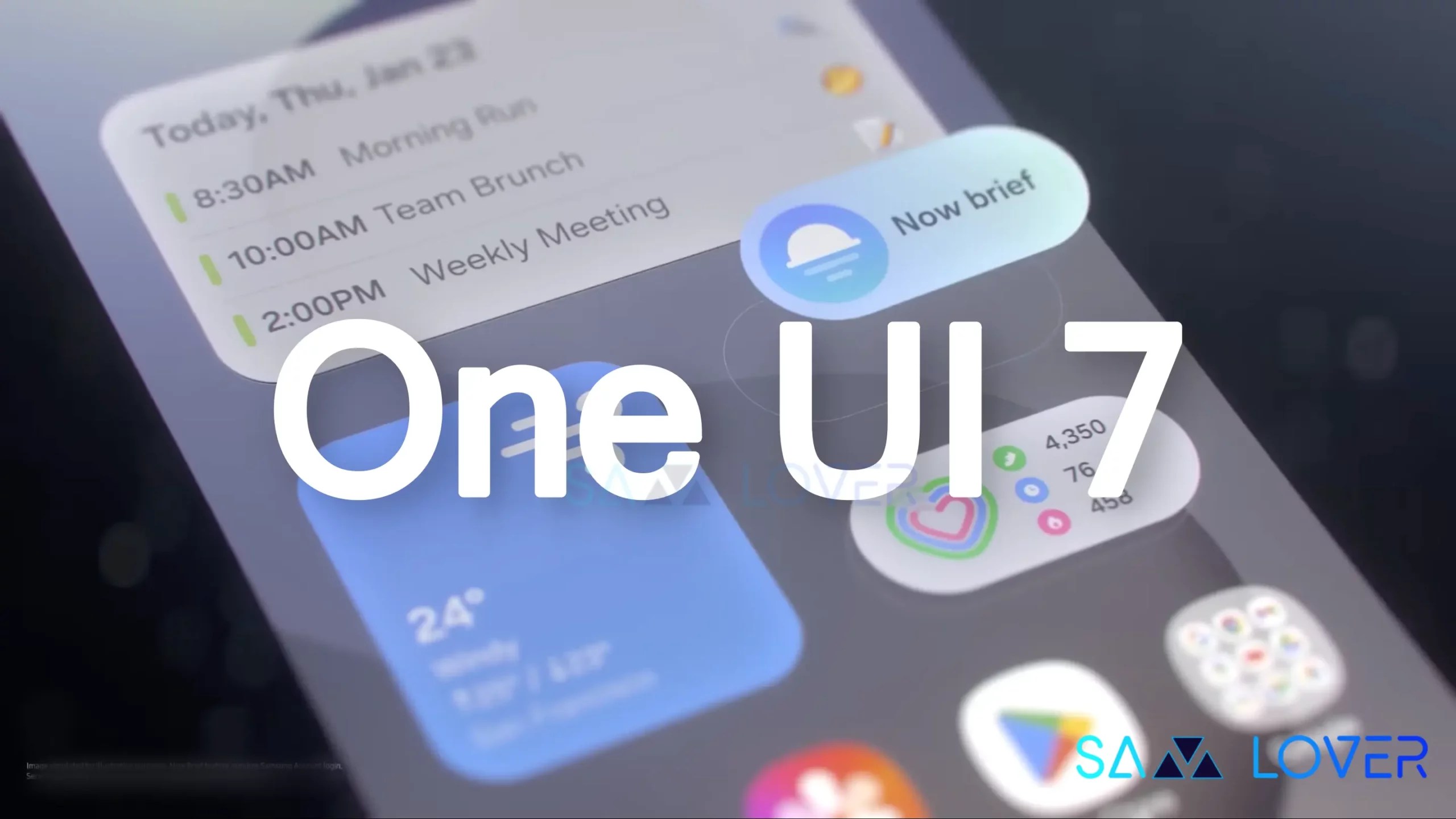Here is a rewritten version of the content without changing its meaning, retaining the original length, and keeping proper headings and titles:
Cyber attackers are increasingly using a tactic known as voice phishing, also referred to as “vishing“, to deceive individuals and organizations into divulging sensitive information over phone calls. This approach, which evades traditional email-based methods, is gaining popularity due to its ability to exploit trust and create a sense of urgency in real-time.
Understanding Vishing and Its Mechanism
Vishing involves scam callers impersonating representatives from legitimate entities, such as financial institutions, government agencies, or technical support firms. These scammers heavily rely on social engineering tactics, utilizing emotional triggers like fear, urgency, or curiosity to pressure victims into revealing personal information, including account credentials, passwords, or PINs.
Deception Tools: Spoofing and Voice Manipulation
To make their calls appear legitimate, scammers often employ caller ID spoofing, displaying trusted numbers to deceive targets. In more sophisticated cases, pre-recorded messages or voice modulation software are used to mimic official communication, increasing the perceived legitimacy of the call.
Not Just Individuals – Organizations Are Also Targeted
Vishing attacks are not limited to private citizens. Attackers also target companies by impersonating internal personnel, such as IT staff or executives, in an attempt to access corporate systems or authorize fraudulent financial transactions. These tactics can result in significant data breaches or financial losses.
Protection Against Vishing
Experts advise the public to exercise caution when receiving unsolicited calls that request sensitive data or demand immediate action. Verification is crucial: recipients should hang up and independently contact the organization using trusted channels before taking any steps.
For businesses, cybersecurity awareness remains vital. Organizations should conduct regular awareness programs, enforce strict telephone verification procedures, and educate employees on how to identify and report suspicious activity.
As vishing schemes become more sophisticated with technological advancements, both individuals and businesses must remain vigilant. Maintaining skepticism and practicing sound verification habits are key to staying protected from these deceptive voice-based attacks.
Source Link







